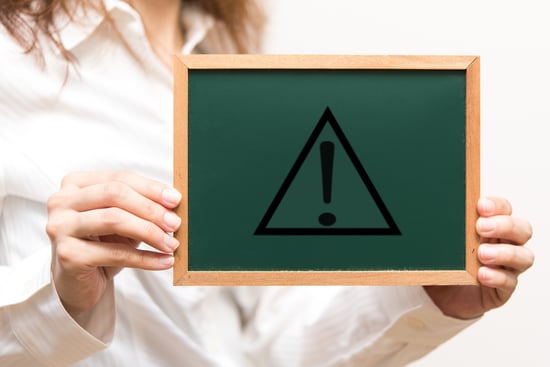Published on: April 6, 2017
 If you’ve been following the news stories over the last few months, then you may have some concerns about what will happen to Social Security in the near future. With the current administration proposing to make changes to Medicaid funding and looking to cut Federal operating budgets, staffing cuts seem likely.
If you’ve been following the news stories over the last few months, then you may have some concerns about what will happen to Social Security in the near future. With the current administration proposing to make changes to Medicaid funding and looking to cut Federal operating budgets, staffing cuts seem likely.
In late January, President Trump ordered a freeze on all federal civilian hiring penned to last for 90 days.
So, how will this government hiring freeze affect your disability case/appeal?
There are a number of consequences to the hiring freeze, including:
Delays in Processing Cases and Appeals
The most likely consequence of a hiring freeze by the government is a delay in processing for disability cases and appeals. Normally, the Social Security Administration (SSA) has a long backlog of cases and works to add staff to help clear the caseload faster.
However, with the hiring freeze in effect, the SSA cannot add the new personnel it needs to speed up the processing of backlogged cases. As noted in a Bloomberg article about the freeze, “As of May 2016, the average wait for an appeal to get processed was 526 days” and that with the freeze in effect, it may be impossible for the SSA “to grow the ranks of judges to 1,900 by the end of fiscal year 2018.”
Without the ability to add more judges to increase caseload capacity, it is likely that the SSA will fall farther behind on its already-long caseload. This means longer delays for processing cases and appeals for everyone not already on Social Security Disability Insurance (SSDI) or Supplemental Security Income (SSI).
More Mistakes Being Made in Processing Cases
Another likely consequence of an understaffed and overworked SSA that cannot add new blood to the ranks is that you may see more errors being made by the people processing SSDI or SSI applications.
It’s a perfectly normal, natural consequence of such a major caseload, especially given the complexity of some SSDI applications. As Judge Marilyn Zahm, president of the Association of Administrative Law Judges, said in the Bloomberg article, “judges have been working extra uncompensated hours every day to try to get through the outstanding cases, some of which require reviewing 1,000 pages of medical records as well as experts’ assessments.”
Wish such massively complex cases, the lack of time available to work them, and the stress of working extra hours to compensate, it’s all too easy for a detail to be missed and a case to be rejected for the wrong reasons.
Slower Response to Changes in Your Situation
SSA officials handle more than just applications and appeals, they help manage ongoing services as well—including benefit payments. While those who are already on SSI or SSDI should be able to continue receiving benefits without interruption, there may be disruptions to some transitional services, such as the SSA Ticket to Work program.
This could mean that it takes a bit longer for these additional programs to respond to changes in your situation. For example, the aforementioned Ticket to Work program might take more time to set up an appointment/job to get disabled workers back into the work force.
Some services, such as the transition from disability benefits to retirement benefits once you reach full retirement age, are less likely to be affected, as they are automatic.
It’s hard to say for certain what all of the long term effects of the government hiring freeze will be—but it’s certain to cause some disruption in the short term for new applicants and those seeking an appeal.
Need help with a Social Security Disability application or appeal? Contact an experienced Social Security Disability advocate today!

